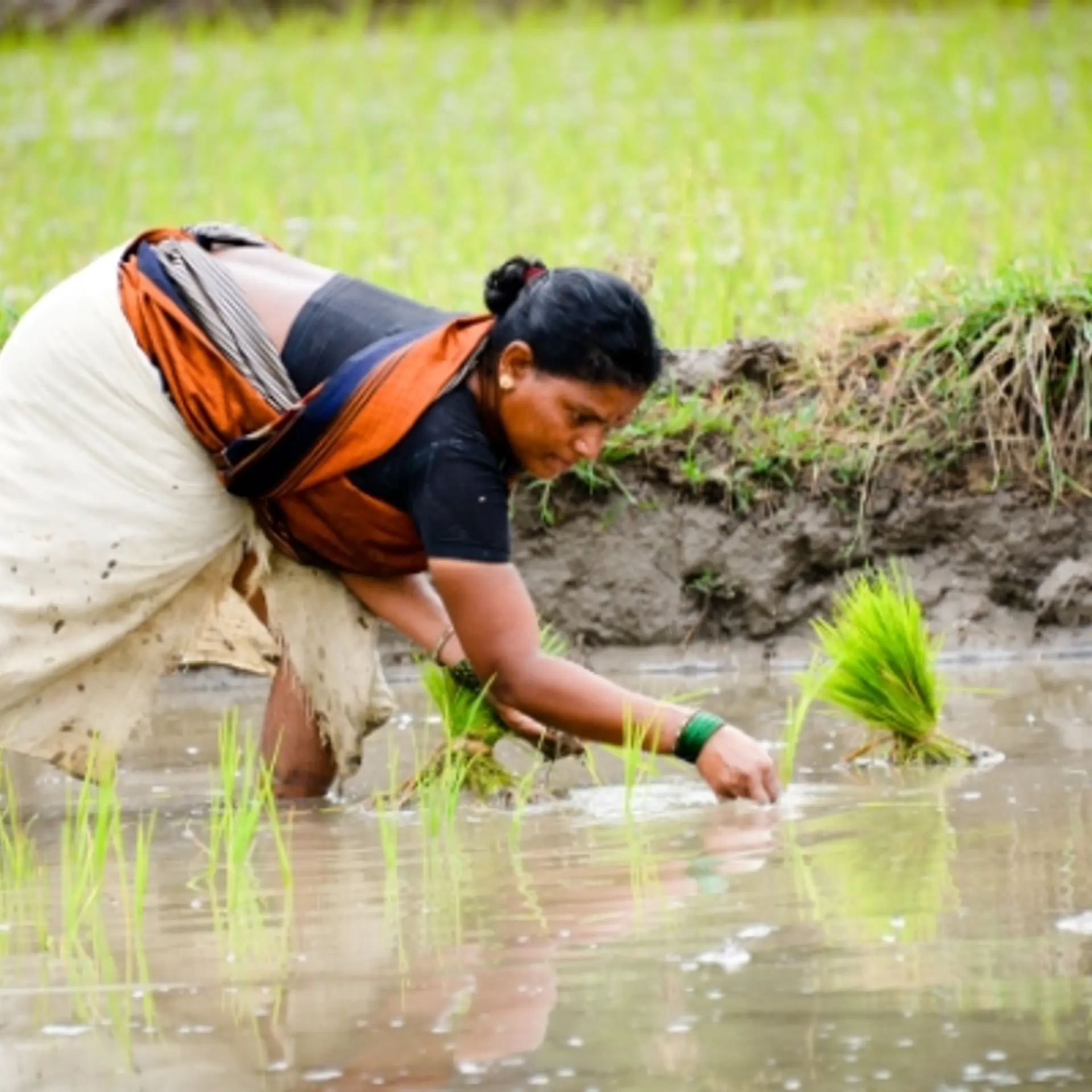How this engineer gave up a 7-figure job offer to bring about change in the education sector

Lewitt Somarajan had had his dream and goals all lined up prettily: an American job, a German car and a beautiful Indian wife. He bought what he thought would be the fastest ticket to that land of dreams: he pursued engineering. As he was getting close to finishing the course, however, Lewitt began to feel disillusioned.
Lewitt recalls,
Life increasingly became another ‘Five Point Someone’ plot. Ninety-eight percent of the engineers in our country are misfits. Realisation struck and it was liberating.
He gave up a seven figure job offer and turned traveller, in search of his real dream. At 20, he decided to be a part of Jagriti Yatra and Lewitt met the real India and found the sector he wanted to be a part of – education. At 23, he joined Teach for India as a Fellow in the 2011 cohort.
The two years of classroom exploration with 30 children gave him deeper insights from a child’s perspective. “I believe that learning need not be a torture; teacher need not be a ring master and classroom need not be a circus stage,” he notes.

Lewitt then founded LIFE Lab in 2013, a social enterprise dedicated to create inclusive classrooms that will make learning fun and experience-based for children. Lewitt recalls the initial stretch being tough. He enlisted a cobbler to make the initial models.

Winning the Hewlett Packard’s Education Innovation Fund For India Grant gave Lewitt and LIFE Labs breathing space.
Next to join the team was the chief model designer and Lewitt’s bedroom served as the first laboratory space. Today, LIFE Labs has raised about $500,000 through 14 CSR partners and social venture launchpads like Unltd India and Ekya.

Learning by doing – LIFE Lab’s mantra
Lewitt says,
In India, with more than 1.4 million schools and 440 million school-going children, 80 percent children lack access to experiential learning. About 37.2 percent drop out from schools just because they lose interest in learning. Our teaching pedagogy is narrow and cause-effect based, with heavy reliance on texts and formulas without understanding. The scenario is quite evident from the latest PISA+ Test (2009) by OECD, where 15-year-old Indian students finished second from last among 74 regions across the world.
With excessive dependence on rote-learning, children graduate but lack employable skills. The recent Nascomm-Mckinsey survey states that only 25 percent technical and 15 percent graduates are employable in India. ACCII survey concludes that 10 percent of MBA graduates are suited to be employed.

Lewitt believes that the solution lies in the infusion of high quality teachers in government schools, periodic assessment of teachers to make sure that they centre education around better learning outcomes, and using innovative teaching methods.

Learning is Fun and Experiential (LIFE) Lab is about making school education fun and engaging, to maximise every child’s potential and bridging the skill gap, according to Lewitt. He adds,
LIFE Lab chose science as a launchpad to develop the exploratory attitude in educators and students. The innovation lies in creating a stage in classrooms that rekindles the natural instinct of exploration, innovation and creation in children and teachers.
LIFE Lab has developed over 180 models that are compliant with curriculum for children in Classes III to X. These models have been designed frugally with locally available materials, so that teachers and children can co-create models without dependency on LIFE Lab. This idea creates a possibility in users to become creators and innovators.

Children are provided with DIY science learning kits to improve learning outcomes and foster creativity. Teachers are supplemented with inquiry-based teaching and learning modules, coupled with consultancy sessions that help them perfect the art of this form of knowledge delivery.
Impact
LIFE Labs has impacted 76 schools comprising 36,500 children across three States. It is supported by 10 CSR foundations. Of the schools it works with, 65 percent of the teachers have moved from the traditional teaching methods to activity-based learning, and there is about 69-percent increase in students’ science scores (assessment tests conducted by BPCL), and about 44-percent average increase in students’ science scores across all grades in school exams.

Offerings in the pipeline
In the near future, LIFE Labs plans to offer children innovative and interactive learning through comic strips, gamification, and cartoons. It also plans to leverage technology to enable the LIFE-Lab demo models and activity sets with mechanism to calibrate, so that the child can quantify and validate concepts.
Lewitt has also been an Acumen Fellow. This January, he was conferred with Ashoka Fellowship. “It’s been a humbling experience to get recognised for the cumulative effort the LIFE Lab team has been putting day in and day out,” he says.
In the coming years, Lewitt wants to take LIFE Lab to every State in India and work with 1,000 schools directly.







